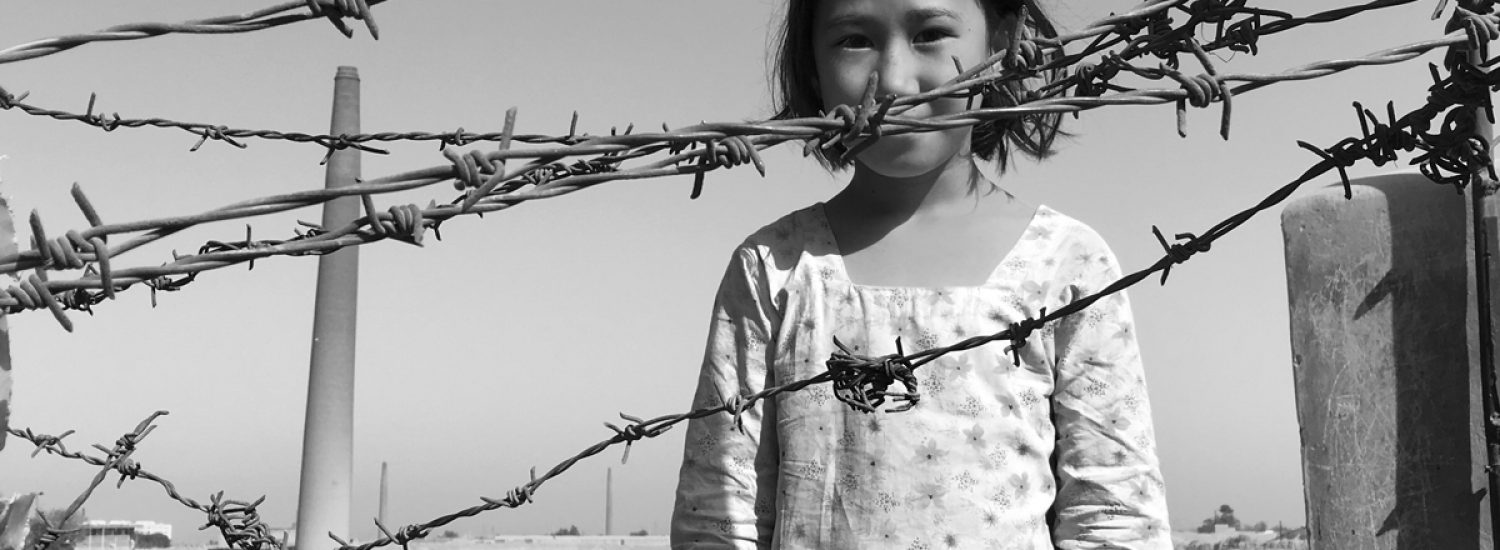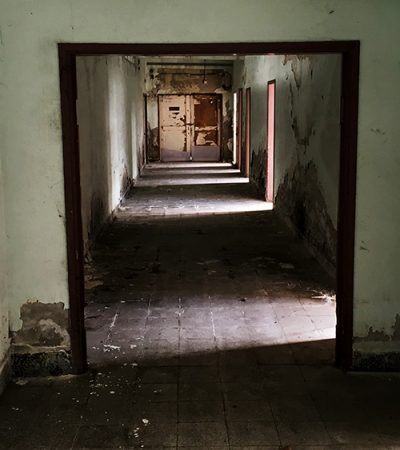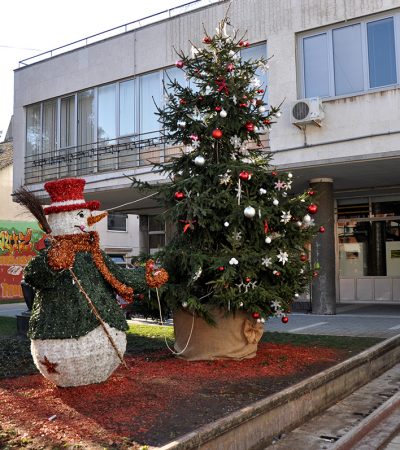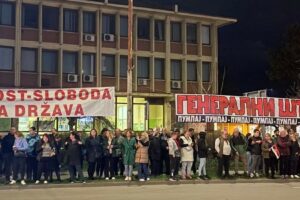Živeti u ciglanama, okruženi neizmerno zagađenim vazduhom, bukvalno znači živeti usred vatre. Siromašni i nezaposleni iz različitih gradova dolaze da rade u užasnim radnim uslovima unutar peći za pečenje cigli. U gradu postoji više od 40 ovih ciglana, a u poslednje dve godine oni koji očajnički traže posao su imigrirali u Balučistan sa svojim porodicama da bi radili u ciglani. Polovina radne snage u ciglanama su deca i adolescenti. Od te dece, 64 odsto su deca-izbeglice iz Avganistana. Zagađenje je veće u ovim oblastima, jer desetine peći istovremeno rade u gradu. Mnogi odrasli radnici se žale da su njihova deca izložena zagađenju koje nastaje u pećima. Uprkos ovim problemima, ljudi rade i žive u tim sredinama. Većina ove avganistanske dece izgubila je roditelje u ratu; ubijeni su ili osakaćeni u raketnim napadima. Ova deca rade u ciglani 11 sati dnevno, tokom kojih takođe moraju da prenose i glinene cigle. Razdaljina koju prelaze iznosi sedam kilometara, po teškom terenu i pod jakim suncem. Deca žive na hlebu, krompiru i grašku da bi opstala i mogli da izdrže izuzetno naporan rad iz dana u dan.
To live in brick kilns, enveloped by immensely polluted air, is to literally live in the midst of furnaces of fire. The poor and unemployed from different cities come to work under horrendous working conditions inside the furnaces to make bricks. There are more than 40 of these brick kilns in the city, and in the past two years those desperate for work have immigrated to Baluchistan with their families to work in the kilns. Half of the workforce in furnaces are children and adolescents. Sixty four percent of the children are Afghan refugees. Pollution is more severe in these areas, as the dozens of furnaces burn in the city simultaneously. Many of the adult workers complain that their children are suffering from exposure to the pollution created in the furnaces. Despite these problems, the people all work and continue to live there. The majority of these Afghan children have lost their parents to war; killed or maimed from missile strikes. These children work in the brick kilns 11 hours a day, and they have to transport the clay bricks as well. Their walk is a distance of 7 kilometers, and they carry their bricks under the scorching sun in rugged terrain. These children rely on bread, potatoes and peas to sustain themselves to complete the extremely strenuous workload they endure day after day.
Foto: Soheil Behroozi



























